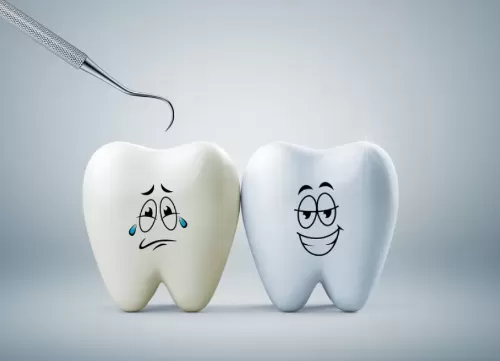
Related searches

Dental implants are a common restorative method used to restore the function and aesthetics of teeth by implanting artificial tooth roots and installing artificial tooth crowns, suitable for cases of single or multiple missing teeth.
Natural Appearance: Artificial tooth crowns can rival natural teeth, making patients' smiles appear more naturally beautiful.
Durability: The artificial tooth roots of dental implants integrate into the jawbone, providing high stability and longevity, offering long-term tooth support.
Restored Functionality: Dental implants can restore chewing function, improve speech clarity, and enhance patients' oral health and quality of life.
Protection of Oral Health: Dental implants can prevent tooth displacement and jawbone loss, helping maintain the stability and health of the oral structure.
Dental implants serve as a widely utilized restorative technique, employed to reinstate both the functionality and aesthetics of teeth. By embedding artificial tooth roots and affixing artificial tooth crowns, they are suitable for addressing cases involving the absence of one or multiple teeth.
In terms of appearance, the artificial tooth crowns are meticulously crafted to closely resemble natural teeth, thereby enhancing the overall beauty of patients' smiles with a seamless blend.
Moreover, the inherent durability of dental implants is attributed to the integration of artificial tooth roots into the jawbone, ensuring remarkable stability and long-lasting support for the replaced teeth.
Beyond aesthetics, dental implants play a pivotal role in restoring chewing function, refining speech clarity, and significantly improving the oral health and overall quality of life for patients.
Furthermore, by preventing tooth displacement and mitigating jawbone loss, dental implants actively contribute to safeguarding the stability and vitality of the oral structure.








